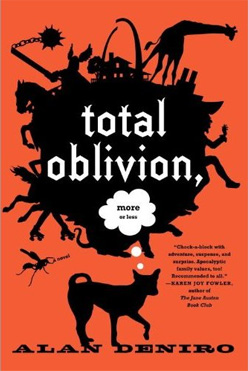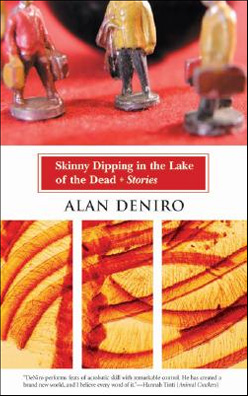A Few Notes on Reading The Best of A.E. Van Vogt (1976)
1. The intro has this:
Spinrad seriously believes that the dissidents of the 1960s-presumably including the LSD and marijuana imbibers-are the only individuals on our planet who are living meaningful lives.
And weâre off!
2. The first story, “Donât Hold Your Breath”, has to be one of the most disjointed, disturbing (bad disturbing, not good disturbing), ham-fisted stories Iâve ever read. The plot macguffin largely involves the protagonist looking to punch his mistress in the stomach.
And itâs hard to read the story generously when you read in the afterword, “Pollution is rapidly becoming a quaint reality.”
Oh hell, letâs call a spade a spade: itâs a repugnant story, limned with paranoid certitude and childish morality lessons. Even if Art Atkins, misogynist, is somehow slanted as an anti-hero, and Not to Be Admired, heâs written as enough of a free-wheeling archon of competence that Van Vogt is posing the question to the reader: well now, shucks, donât you like him, just a teeny teeny bit?
3. Iâm hopeful this gets somewhat better with subsequent stories. IS THIS ASININE?
4. A question that could be posed is: why bother.
(a) interrogating received forms of the science fiction story
(b) unsplicing the DNA of the science fiction story
(c) how much do implicit cultural assumptions drive the science fiction story, and more importantly, how do Golden Age cultural assumptions (or post-Golden Age assumptions still pining for the Golden Age) drive the science fiction story now, when those cultural assumptions are at best vestiges and, at worst, denigrating and heartless.
(d) and if (c) is the case, why the science fiction community still insists on those forms, and rewards those forms — or reacts against to those forms without necessarily seeing ways outside of those forms.
(e) canon-deformation
5. I honestly donât know what to do with an author who says (in the afterword of this book): “I write in what I call fictional sentences.” What an absurd yet tantalizing idea. Probably not in anyway Van Vogt intended, but still. Are the sentences we write truth or fiction? At what point, if they are “real” sentences, do they weave together into a fiction? (Sentences becoming a story.) Part of this is guided by his ridiculous compositional approach (800 word scenes, each scene with five steps). But he then states that “In writing science fiction, I tried to write each sentence in such a way that the reader would have to make a creative contribution-thatâs the science fictional sentence.”
This bifurcation of the reading experience (there are sentences, and then there are SF sentences) is the heart of the matter of SF. Well, one of them anyway. Itâs a many hearted beast.
6. Onward…





Itâs unfair of you to judge him by his best work!
Oh, I want to hear more about (c) and (d) please!